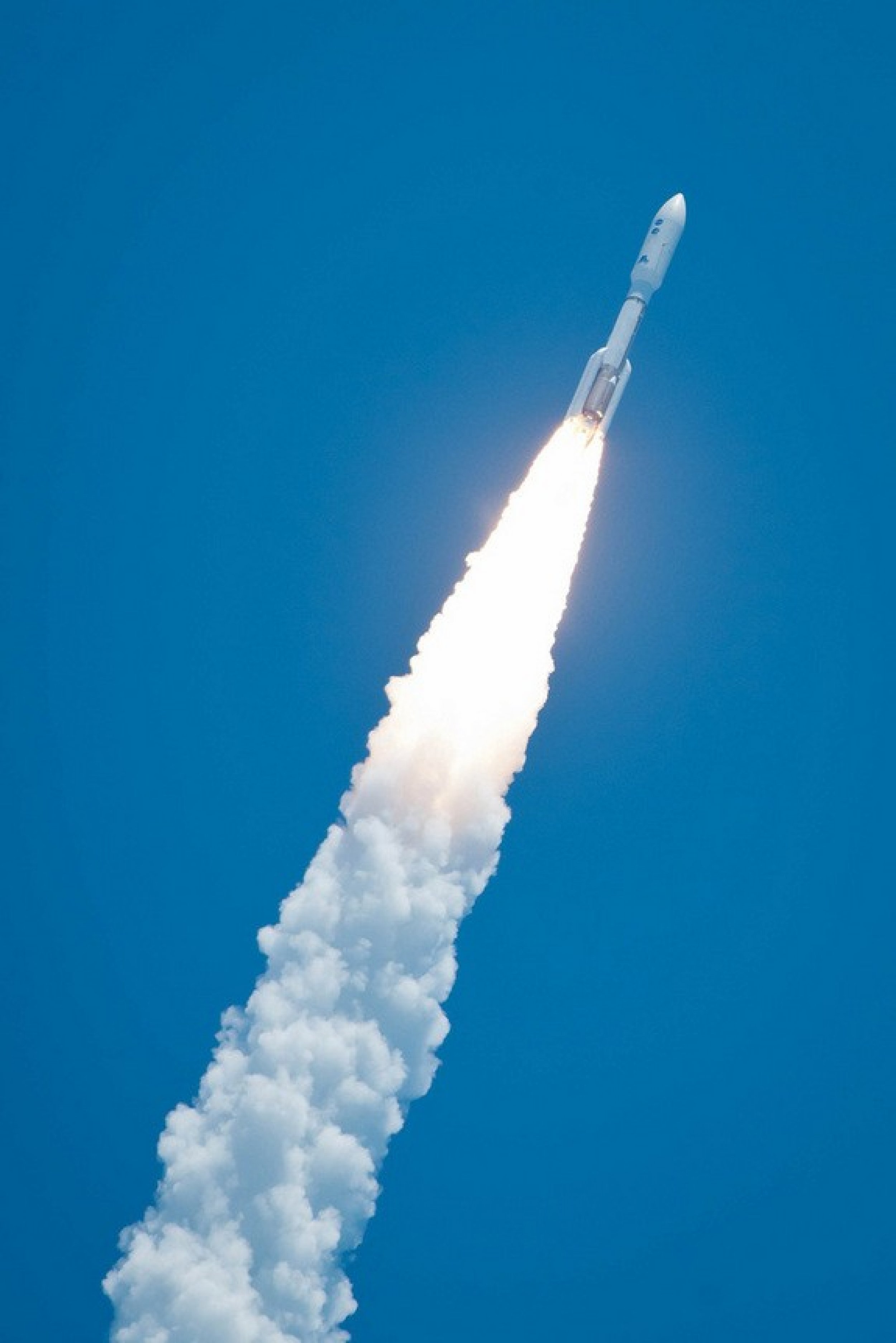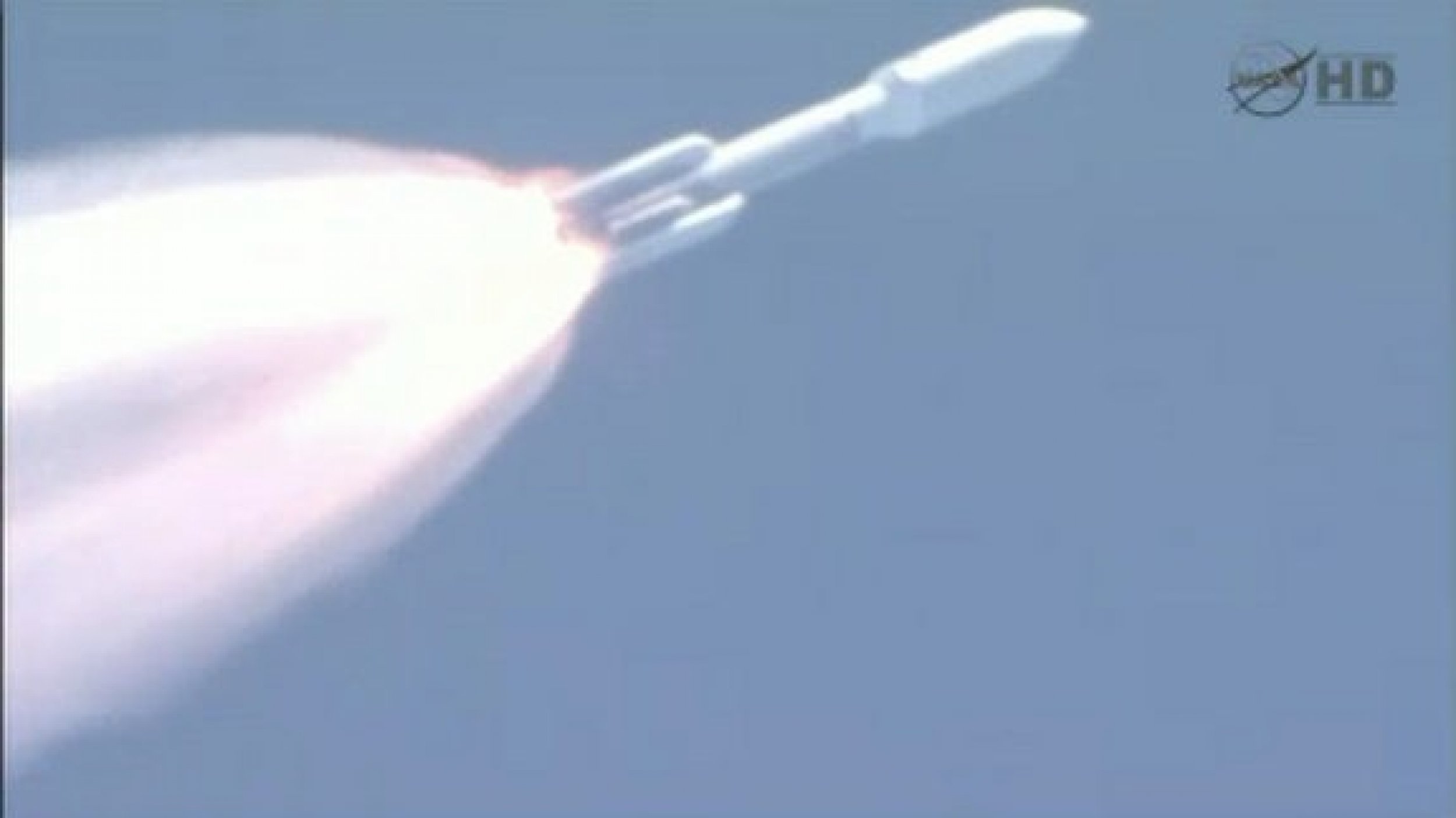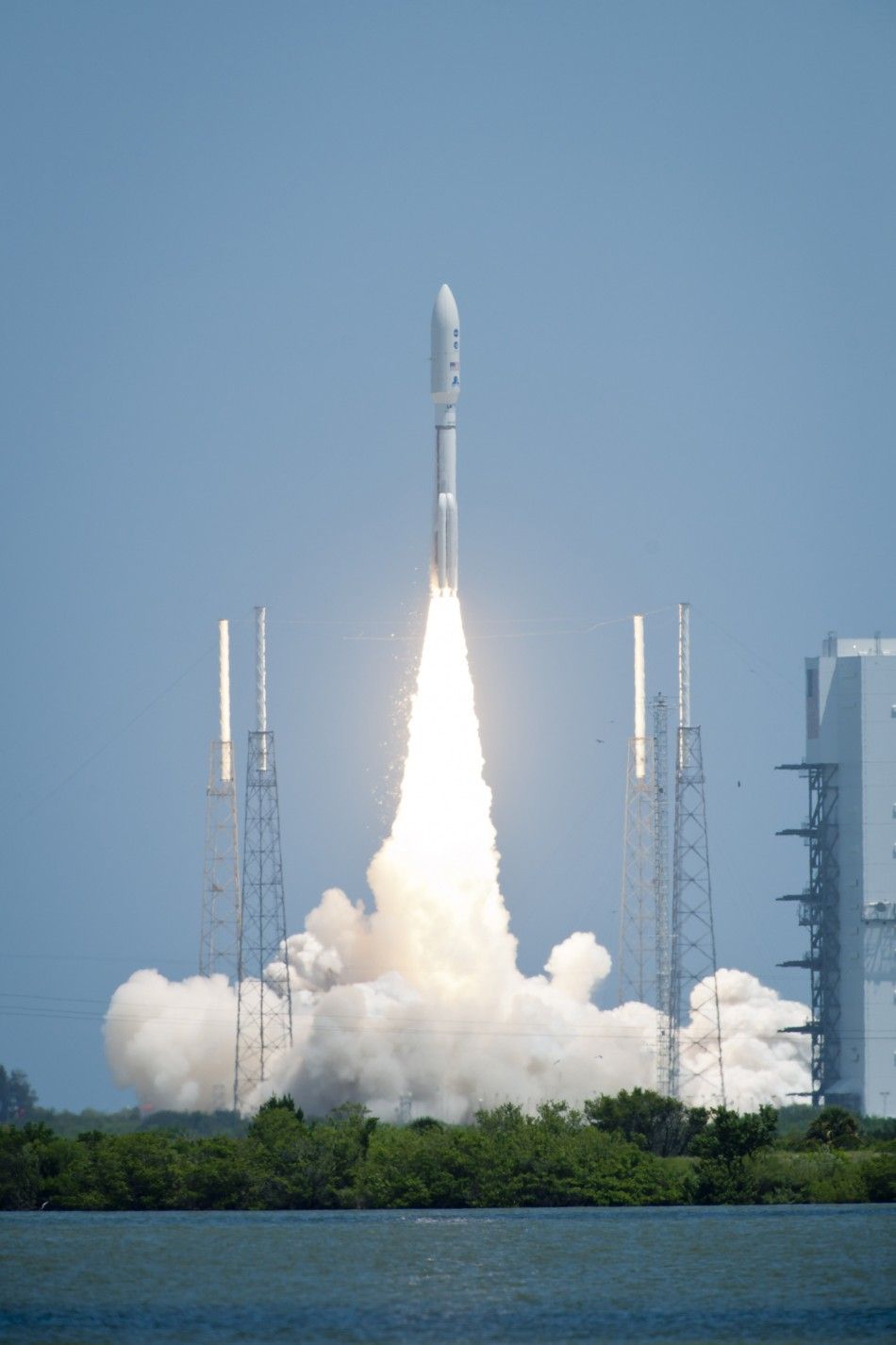NASA Spacecraft Juno Begins 5-Year Trip to Jupiter [VIDEO & PHOTOS]
NASA Spacecraft Juno launched from Florida on Friday and began its 5-year journey (1,740 million miles) to Jupiter. Upon arrival, it will study the gas giant for 1 year.
Its studies will include orbiting 33 times around the planet's poles and collecting data with its eight science instruments. Spacecraft Juno is also unique in that it is powered by solar panels.
Scientists are interested in Jupiter because its composition resembles a star (like the sun). The fact that it has multiple moons orbiting around it gives it a semblance of a miniature solar system.
Scott Bolton, Juno's principal investigator from the Southwest Research Institute in San Antonio, went so far to say that "Jupiter is the Rosetta Stone of our solar system."
"It is by far the oldest planet, contains more material than all the other planets, asteroids and comets combined, and carries deep inside it the story of not only the solar system but of us. Juno is going there as our emissary -- to interpret what Jupiter has to say," said Bolton.
Below are a video and photos of Juno's launch.



© Copyright IBTimes 2024. All rights reserved.











